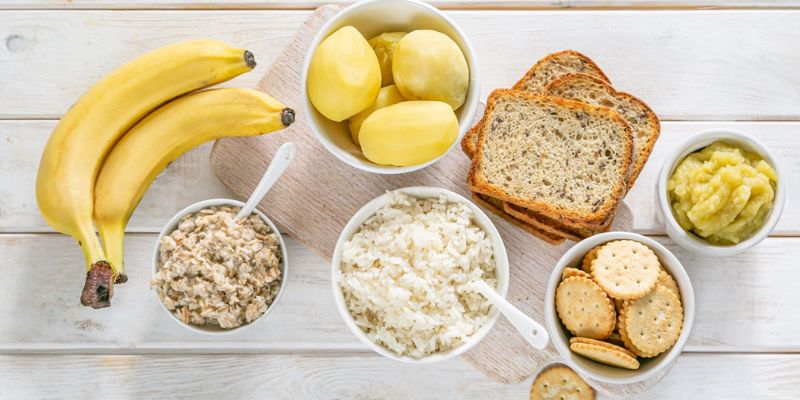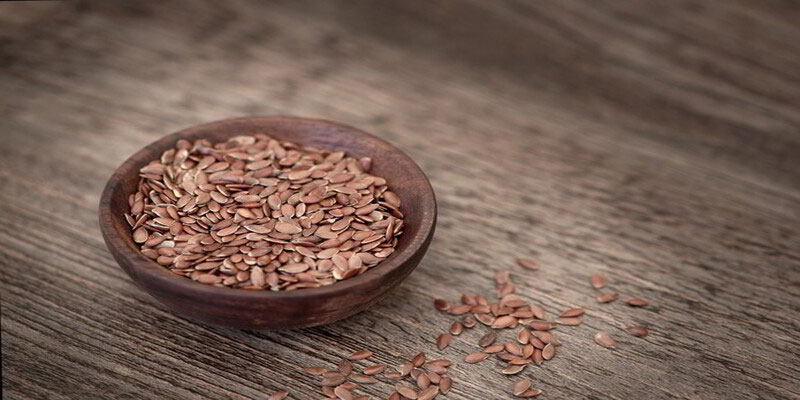Millions of individuals worldwide suffer from the negative health effects of high cholesterol. Cholesterol is a waxy, fatty molecule in the blood that plays an important role in maintaining health. However, cardiovascular disease, stroke, and peripheral artery disease are only some of the consequences that might arise from cholesterol levels that are too high. Factors like heredity, diet, and way of life all contribute to the development of high cholesterol. High cholesterol can run in families, but it can also develop in people who make poor food and lifestyle choices and don't exercise. Routine blood testing can detect excessive cholesterol despite it often having no symptoms.
According to the American Heart Association, all adults over the age of 20 should have their lipids checked every four to six years. Good news: a balanced diet, regular exercise, and weight loss can all help you control your cholesterol and keep it from rising in the first place. Cholesterol-lowering medicine is an option in some circumstances. This article aims to offer readers detailed information about high cholesterol, including its signs and symptoms, diagnosis, therapy, prevention, and dietary advice. Individuals can improve their health and lower their chance of developing major health consequences by preventing and managing excessive cholesterol levels.
What Is Cholesterol?
In the blood, cholesterol appears as a waxy, fatty material. It aids digestion, hormone production, and vitamin D synthesis, all essential to healthy bodily function. But an excess of cholesterol in the blood can accumulate in the arteries, increasing the risk of cardiovascular disease and cerebrovascular accidents.
Different Kinds Of Cholesterol
Two forms of cholesterol exist: low-density lipoprotein (LDL) and high-density lipoprotein (HDL). (HDL). Since LDL can accumulate in the arteries and cause blockages, it is commonly called "bad" cholesterol. In contrast, HDL is called "good" cholesterol since it aids in eliminating excess cholesterol from the bloodstream.
Roots Of High Cholesterol
Factors such as heredity, diet, and lifestyle choices all play a role in raising cholesterol levels. High cholesterol can run in families, genetically predisposing some people to the condition. In contrast, others may be at risk due to their lifestyle choices in nutrition and exercise.
Signs Of Elevated Cholesterol
Cholesterol problems are notoriously difficult to diagnose because they rarely produce noticeable symptoms. Most people learn they have high cholesterol when they get their blood tested for something else. In contrast, heart disease symptoms such as chest pain and shortness of breath can be brought on by severely high cholesterol levels.
A Diagnosis Of Elevated Cholesterol
Lipid panel blood tests can detect high cholesterol levels. The levels of bad (LDL) and good (HDL) cholesterol and triglycerides in the blood are assessed. According to the American Heart Association, all adults over the age of 20 should have their lipids checked every four to six years.
Treatment For High Cholesterol

Lifestyle modifications, such as adopting a healthier diet, increasing physical activity, and losing excess weight, are the first defense against high cholesterol. Cholesterol-lowering medicine is an option in some circumstances. The most frequent treatment for high cholesterol is the drug class known as statins, which inhibits cholesterol formation in the liver.
Problems Associated With Cholesterol Levels
Diseases of the heart, brain, and arteries that supply the extremities can all be precipitated by high cholesterol. Cholesterol buildup in the streets can reduce blood flow to important organs and lead to serious health consequences.
Lowering High Cholesterol
Adopting a healthy lifestyle, which includes eating a diet rich in fruits, vegetables, whole grains, and lean protein, exercising regularly, and maintaining a healthy weight, is the best strategy to prevent high cholesterol. Cutting back on alcohol and cigarettes can also help lower cholesterol.
Foods To Avoid
Cholesterol levels should be kept healthy by avoiding foods high in saturated and trans fats. Such items include fast meals, fried dishes, and red meats high in saturated fat. Refined sugars and cholesterol-rich meals like egg yolks and organ meats should be avoided as much as possible.
Foods To Consume

Oats, legumes, and fruits are all good sources of soluble fiber, which can help reduce cholesterol levels. Fatty fish, such as salmon and tuna, are a good source of omega-3 fatty acids, which have been shown to lower cholesterol. Almonds and walnuts are nuts that can help reduce cholesterol levels.
Conclusion
Unfortunately, if high cholesterol isn't managed, it can cause many other health problems. It's rooted in your upbringing and upbringing alone, in your nutrition and lifestyle choices, and your genes. Symptoms are uncommon with high cholesterol but can be detected with regular blood testing and treated to reduce risks. The most effective way to lower cholesterol levels is to permanently change one's lifestyle, such as eating better, exercising regularly, and losing excess weight. Cholesterol can be reduced by consuming a diet low in saturated and trans fats and high in soluble fiber, omega-3 fatty acids, and nuts. If you want to lower your risk of high cholesterol, it's a good idea to cut back on alcohol and cigarettes.




